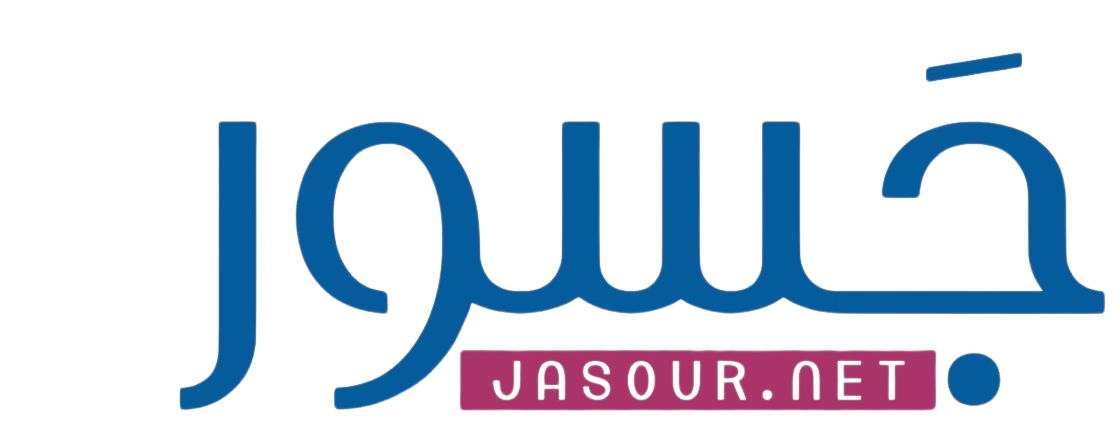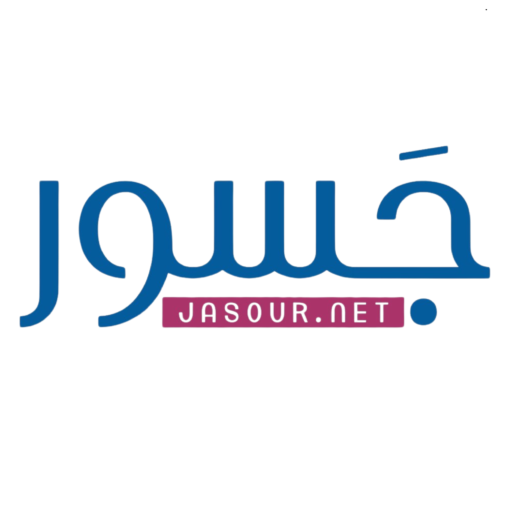Algeria: Jasour – News Desk
The Minister of National Solidarity, Family, and Women’s Affairs, Soraya Mologi, explained that the sector adopts a comprehensive and participatory policy to protect the rights of special needs individuals, particularly their right to specialized education.
In her speech delivered on her behalf by Abu Bakr Al-Siddiq Bouzidi, the Chief of Staff at the ministry, on the occasion of World Braille Day under the slogan “Braille in the Age of Technology,” the minister confirmed that the ministry has put in place mechanisms that align with the situation of special needs individuals, including those with visual impairments. The focus is on legal arrangements and specialized pedagogical supervision, using assistive technology such as specialized tools and equipment.
Mologi emphasized the importance of technology in overcoming the difficulties faced by visually impaired special needs individuals.
The minister pointed out that the sector oversees a specialized institutional network in education, consisting of 239 institutions and 19 branches, benefiting more than 36,000 special needs children.
Among these institutions, 24 schools are dedicated to visually impaired children, accommodating 1,245 children, providing them with psychological, educational, and teaching care from the age of three years.
In this context, the minister highlighted that specialized institutions adapt educational and pedagogical programs according to methods and pedagogical means suitable for the needs of special needs children.
The ministry also provides approximately 15,000 multidisciplinary educational supervisors, including psychologists, speech therapists, teaching professors, and specialized educators, to supervise special needs children.
The minister stressed that the right of visually impaired special needs individuals to education is one of the fundamental rights recognized internationally, given the particular nature of this impairment and the difficulties it imposes in accessing information.
Mologi confirmed the need to double efforts to provide material, human, and technological resources to enable them to live their lives naturally, including education and reading. She pointed out that “Braille” is the most prominent technique that enables these individuals to read and gain scientific knowledge, helping them access knowledge in various fields.
Mologi added that this language has helped integrate this group into society, facilitating their communication and participation in various activities, with Braille serving as a gateway to expand their scientific and intellectual horizons.






